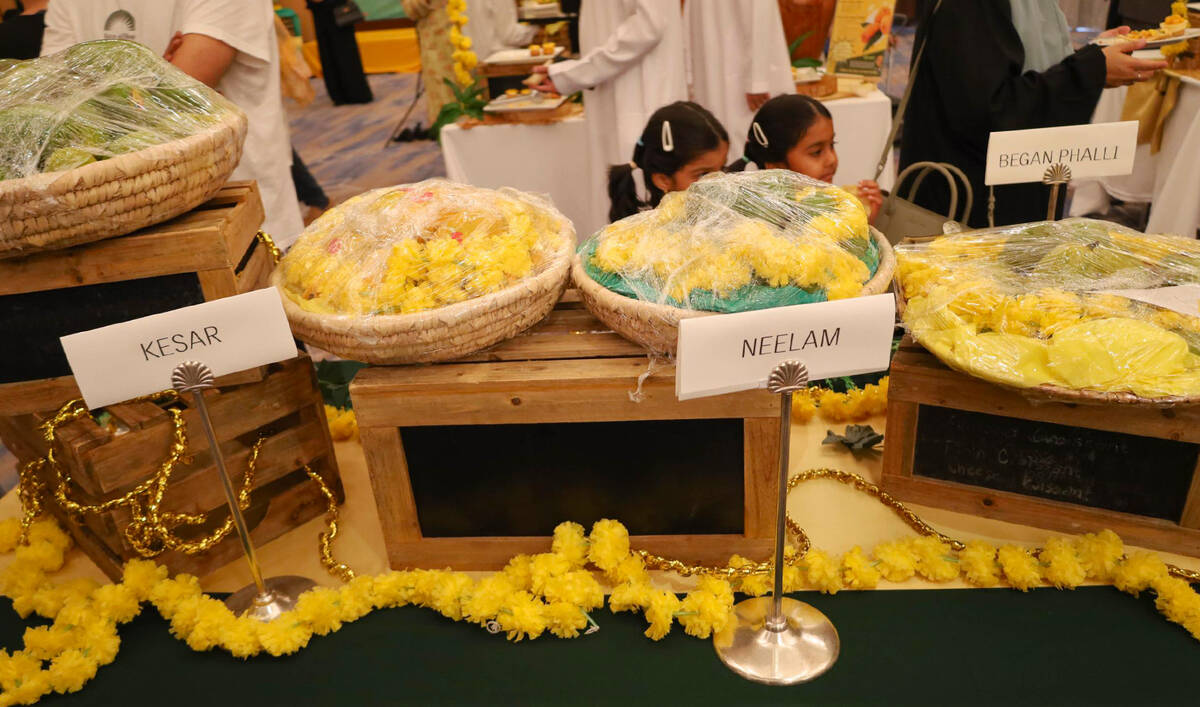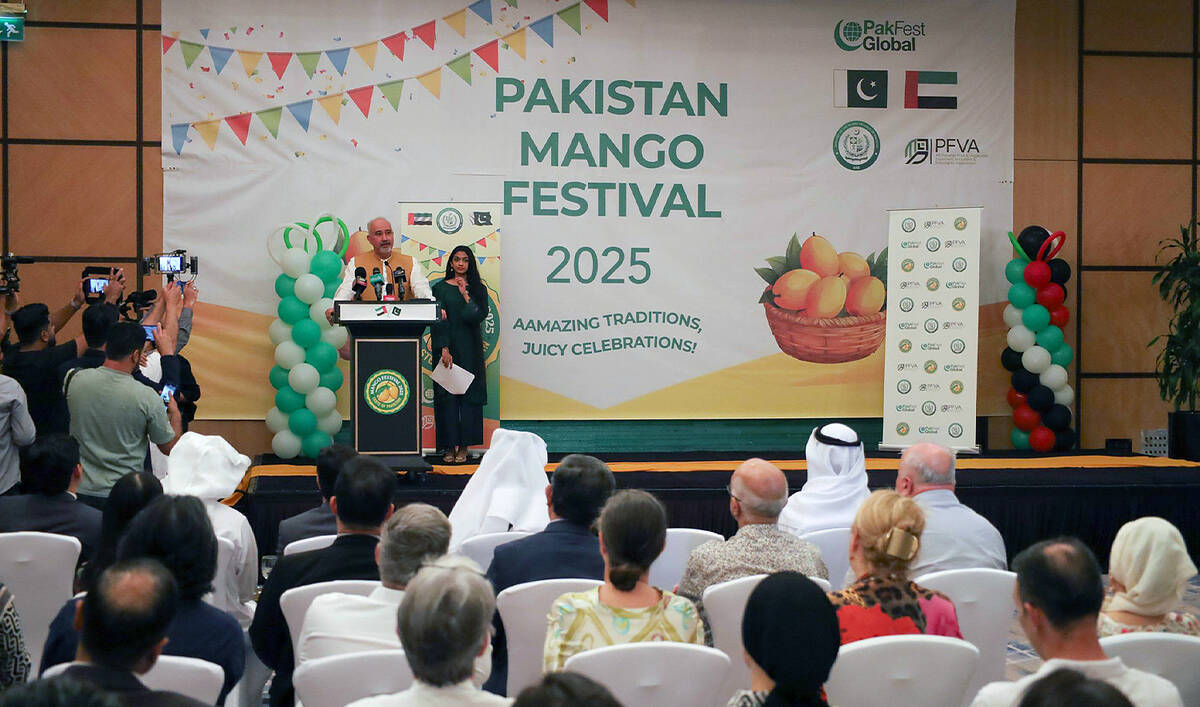ISLAMABAD: The Pakistan government has proposed setting up ‘special tribunals’ for what it says will be the ‘speedy’ resolution of disputes related to electronic media, the draft of a policy seen by Arab News shows, raising fears among both journalists and media associations that the new courts will be used to curb press freedoms and pressurize television channels through the threat of litigation.
Prime Minister Imran Khan came to power last year promising media freedom but his government is now widely criticized for censoring critical voices in journalism, civil society, and the political opposition.
Earlier this month, three Pakistani television channels were suspended from cable networks allegedly for broadcasting rallies held by opposition leaders. Last week, the country’s most popular news channel, the privately-owned Geo News broadcaster, was forced off the air in many parts of the country or had its channel number abruptly changed.
According to the draft of a new proposal seen exclusively by Arab News, the government wants to set up special courts where media-related disputes of investors, licensees, subscribers, and end-users can be settled.
Draft of the media courts proposal obtained exclusively by Arab News:
“The timely settlement of disputes in the broadcasting/electronic media sector is important to all stakeholders involved,” the draft said.
Pakistan’s information ministry declined to comment for this article but Ahmad Jawad, the ruling Pakistan Tehreek-e-Insaf party’s secretary information said the “purpose of the special courts is to facilitate journalists and media organizations to get their long-pending cases resolved at the earliest.”
“This is for the betterment of the media industry and journalists,” Jawad told Arab News. “Our party and government cannot even think of putting curbs on media and journalists. Our party strongly believes in press freedom and freedom of expression and we will continue to protect it.”
As many as 324 cases of the Pakistan Electronic Media Regulatory Authority (PEMRA) are pending with the Sindh, Lahore, Islamabad, and Peshawar high courts as well as the Supreme Court of Pakistan, the proposal for the special tribunals said.
“Some of these cases are pending adjudication for years while in the majority of the cases the courts have granted stay orders without even hearing the stance of PEMRA,” the draft said. “The stay orders have been filed for years in some cases. This has resulted in billions of rupees of revenue being stuck up.”
The draft also said the high and supreme courts lacked expertise on broadcasting matters and electronic media “at the bench level,” which led to delayed litigation and stay orders that lasted years.
“It has also been observed that some media houses … routinely employ judicial intervention which has resulted in complete regulatory & administrative paralysis for the regulator i.e. PEMRA,” the draft said.
Using the examples of India, Germany, the United Kingdom, the United States, and Canada, the policy document said: “since the 1970s, there has been an increasing focus on alternative dispute resolution (ADR), such as negotiation, mediation, and arbitration to resolve disputes.”
“The processes followed under ADR are seen as confidential, time-sensitive and conducive to maintaining long-term commercial relationships,” the document said. “The merit of ADR methods lies in the flexibility of their use as complements either to the court-based or regulatory-based adjudication or as a stand-alone measure.”
Along similar lines to banking tribunals that already exist in Pakistan, the draft said: “It is proposed that to settle disputes in the electronic media sector expeditiously and dispose of the pending litigation of PEMRA, the Authority may like to forward a case to the Federal Government for constitution of Special Tribunals with Judges having requisite expertise of the electronic media for dealing with litigation of the Electronic Media Sectors.”
The draft does not mention what exact powers the new media courts would have, whether decisions taken by them could be appealed in higher courts, or if the proceedings would be public or not. However, if the model being followed is that of banking tribunals, then such courts exercise all powers in their civil and criminal jurisdictions.
The Pakistan government denies it is muzzling the media or putting into place new measures to hike censorship. Speaking to media last week, de facto information minister Firdaus Ashiq Awan assured journalists that any new policy would ensure the rights and responsibilities of all stakeholders.
However, organizations representing journalists and media houses have unanimously rejected the new plan.
“We have outrightly rejected the government’s suggestion of establishing media courts,” Shakeel Masud Hussain, Chairman Pakistan Broadcasters Association (PBA) told Arab News. Hussain said he had seen a draft of the proposal and “on the face of it, it is unacceptable.”
In a statement released on Friday, PBA asked the government to “immediately abandon the ill-conceived and ill-advised proposal” as the country already had laws, courts and regulatory authorities such as PEMRA to deal with media-related matters
Afzal Butt, president of the Pakistan Federal Union of Journalists, also said the proposal reflected the government’s efforts to “muzzle freedom of expression” through litigation in the courts.
“We condemn this move as this will burden the media houses with cases in the courts and result in blackmail not only by the government but also by other institutions and influential forces,” he told Arab News.
Iqbal Khattak, Pakistan’s country representative for Reporters Sans Frontieres, said the government should first establish special courts to end impunity for crimes against journalists given that 127 Pakistani journalists had been killed since 2002.
“It is very worrying that this government has floated the proposal [of setting up media courts] without discussing it with relevant stakeholders,” he told Arab News. “It seems as if the government wants to flood the special courts with cases against media houses to keep them subservient and ensure complete censorship of dissenting voices.”























